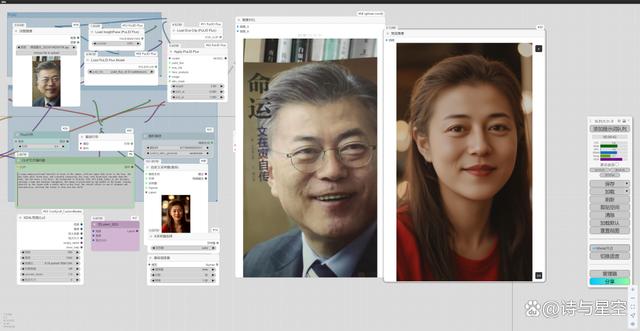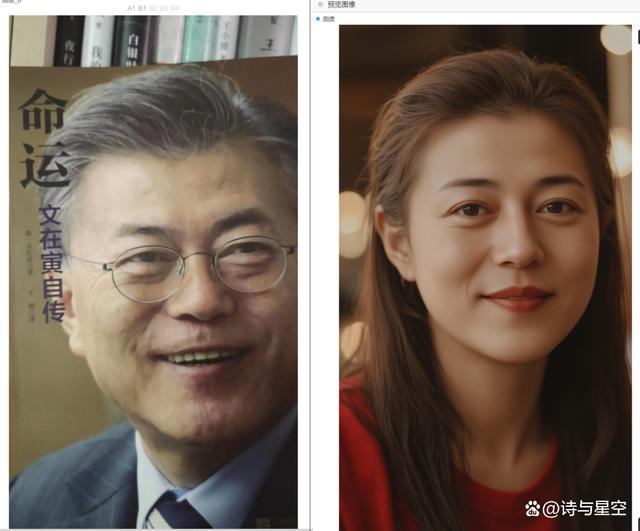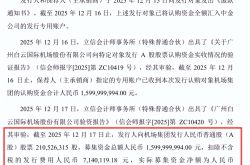Why doesn't Douyin go public?
![]() 10/18 2024
10/18 2024
![]() 458
458
Author: Poetry and Starry Sky
ID: SingingUnderStars
I don't use Douyin, but I enjoy using Xiaohongshu.
Among all domestic social media platforms, Xiaohongshu's algorithm is arguably the most advanced, capable of genuinely reaching your interests without excessive interference. Its search function even surpasses search engines, allowing users to find the information and strategies they seek.
Precisely because of this, Xiaohongshu has immense commercial value, becoming the premier platform for promoting products and even attracting a significant number of overseas users.
However, Xiaohongshu has recently encountered a formidable rival overseas: Lemon8.
Since September, Lemon8 has become the most downloaded lifestyle app on iOS devices in the US, ranking among the top 20 iOS apps overall and topping the US App Store charts in October.
Lemon8 is virtually identical to Xiaohongshu, and its developer is ByteDance. To promote Lemon8, ByteDance leveraged TikTok's recommendation algorithm.
In terms of algorithmic recommendation, ByteDance is undoubtedly the king of kings.
Upon investigation, it was discovered that in 2010, Zhang Yiming tweeted about his dilemma over whether to purchase an iPhone 4.

Today, ByteDance's (Toutiao, Douyin, TikTok) valuation exceeds $500 billion, making it one of the world's largest unicorn companies. Looking back at this tweet, it's quite poignant.
How many people could afford an iPhone 4 in 2010?
One of Zhang Yiming's most significant decisions was to postpone going public.
With such a vast company as ByteDance, why hasn't it gone public? What is Zhang Yiming thinking?
01
Reasons for Not Going Public
I believe there are three primary reasons why ByteDance hasn't gone public.
Firstly, the company's diverse business portfolio. As a global technology company, ByteDance has a complex and diversified business structure spanning social media, news, entertainment, education, and more. Its products, including Douyin (TikTok), Toutiao, and Xigua Video, have both domestic and international versions, further broadening its business scope and market reach. However, this diversification complicates the path to going public, requiring careful planning to satisfy various markets and regulatory bodies.
Secondly, regulatory challenges. Operating globally, ByteDance must comply with various laws and regulations, particularly concerning user privacy, content moderation, and competition policies. These challenges demand significant time and resources to mitigate risks during the IPO process. Given the stringent user data protection laws in China and the US, ByteDance's vast trove of user information practically rules out a public listing.
Thirdly, shareholding structure. As a privately held company, ByteDance has multiple shareholders, including founder Zhang Yiming. Going public necessitates addressing share allocation and governance issues to meet regulatory requirements and market expectations.
Additionally, uncertainty in market conditions can influence ByteDance's IPO plans. Economic and financial market volatility, as well as macroeconomic factors, may prompt the company to wait for more favorable conditions.
02
The Path of Apps in the AI Era
A profound question arises: is the beauty-enhanced version of yourself in photos truly authentic?
ByteDance developed an open-source tool called PuLID, which I used to enhance the cover of a book – Moon Jae-in's autobiography.
A closer look in high resolution:
AI algorithms extract facial features and recombine them to create a 'realistic' photo – the beauty-enhanced version of yourself. In the AI era, app development differs vastly from before. Algorithms reign supreme, and mastering them unlocks the secrets to wealth.
03
Lemon8's Formula for Success
Overseas, Lemon8 is playfully dubbed the 'Little Yellow Book' due to its striking similarity to Xiaohongshu, evoking a strong sense of familiarity.
For international users, Lemon8 resembles a comprehensive platform blending elements of Pinterest, TikTok, and Instagram. Its 'For You' recommendation algorithm, akin to TikTok's, has led many American users to view it as a hybrid of Pinterest and Instagram.
Lemon8 focuses on lifestyle content like fashion, beauty, food, travel, and art, with a commercial strategy heavily centered on product promotion, mirroring Xiaohongshu.
Before 2023, Lemon8 primarily operated in Japan, Thailand, and Indonesia. Its US debut in early 2023 saw it swiftly climb to the top 10 downloaded lifestyle apps on the App Store, occasionally topping the charts before slipping and recently regaining its position. Overall, it consistently ranks among the top 20 apps.
Lemon8's resurgence in the US market stems from two key factors. Firstly, increased advertising efforts: since the beginning of the year, Lemon8's overseas ad spending has steadily risen, with monthly ad materials exceeding 10,000, triple the previous year's average in August. In August's IOS app advertising rankings, Lemon8 placed 20th.
Secondly, seamless integration with TikTok: by inviting TikTok influencers to Lemon8, the platform has achieved significant traffic, enabling users to share their Lemon8 content directly to TikTok, facilitating cross-platform distribution.
As the global leader in entertainment and social media, TikTok's endorsement of Lemon8 is evident. With over 4.9 billion downloads globally and over 4 billion views on the Lemon8 hashtag, TikTok has not only driven traffic to Lemon8 but also lent it credibility.
Despite Lemon8's initial success in the US, challenges persist. Retaining users post-marketing campaigns, fostering synergies with sister apps like TikTok, and adapting to the Western market remain crucial tasks.
04
The Division of Labor in the AI Era
What is the most crucial aspect of AI?
Technology is secondary as competitors strive for breakthroughs using similar approaches. Instead, the cornerstone is training material – the dataset.
Chinese AI products lag slightly in text processing due to a dearth of Chinese language data.
However, in the realm of images and videos, the scenario changes. No platforms possess more image and video content than Douyin, Kuaishou, and Xiaohongshu.
This abundance has led to innovations like Kuaishou's Keling and Douyin's Jimeng, outperforming even the unreleased Sora. Xiaohongshu has also released numerous open-source AI drawing tools.
This is the land grab of the AI era.
-END- Disclaimer: This article is based on publicly disclosed information from listed companies, including interim announcements, periodic reports, and official interaction platforms. While we strive for fairness and objectivity, we cannot guarantee the accuracy, completeness, or timeliness of the information. The opinions expressed herein do not constitute investment advice, and we accept no responsibility for any actions taken based on this article.
Copyright Notice: The content of this article is originally created by Poetry and Starry Sky and may not be reproduced without authorization.





